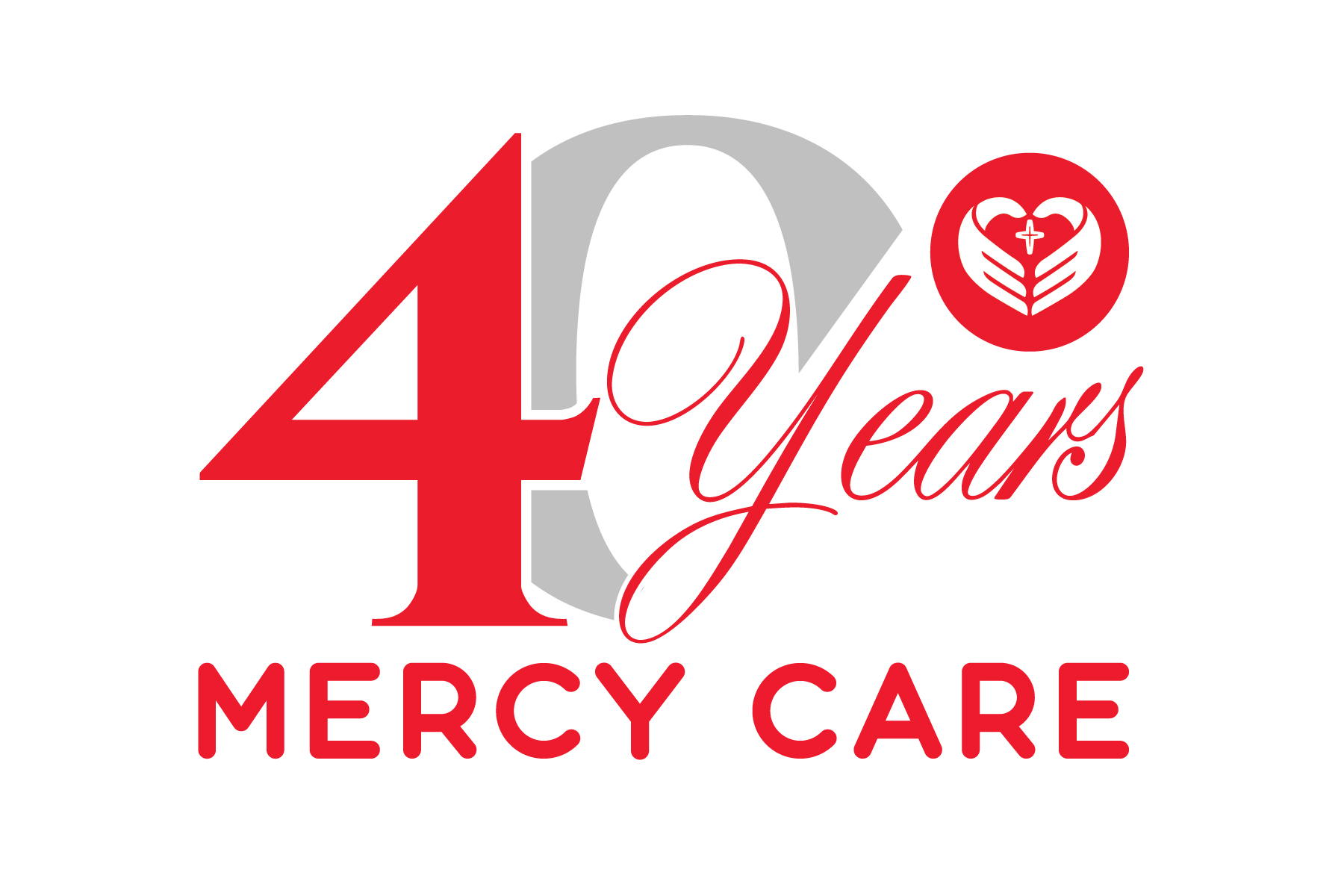Shelters in the Storm
Mercy Care’s Recuperative Care programs for men and women provide a safe, healing place for those experiencing homelessness to stay after discharge from hospitals. For the compromised patients currently sheltering in City of Refuge and Gateway Center dorms, COVID-19 poses a very real threat. As one male resident said to the group: “If anyone catches it, the entire dorm could be wiped out.”

To overcome, the men have organized. Regular handwashing, cleaner rooms, and limited visitors to their 19-bed respite unit have become the new norm. And while staff encourage and model these behaviors, the men have taken charge of implementing these new social policies. Their biggest change has been to shelter-in-place.
“It was like a ghost town when they used to leave for the day,” said Demetria Jones-Edward, case management coordinator. “They are used to living outside. It’s challenging to change that mindset. They’re not accustomed to isolating.”
The group often trade readings of scripture – usually from the bible and sometimes from the Qur’an. Now they also trade insights about COVID-19. “They share any new information they have,” said Demetria. “Texts and updates from family members, political thoughts, new remedies they hear about – all that information gets shared with the group.”
Rapid innovations have come from the pandemic, particularly in technology, and the men have stayed up-to-date on every bit of it. “They’re very excited about having telehealth appointments now,” said Demetria. Given their unique circumstances, “they’re coming up with solutions that work for them.” And providers have met them in the middle: one man arranged to check-in with his doctor over Facebook, as an early solution before virtual appointments became commonplace. “He was proud he could initiate that,” said Demetria.
Women in Recuperative Care at City of Refuge have overcome similar barriers during this global shift. “If they’re watching the news or social media, it’s hard to keep them calm and reassure them that they’re safe here,” said Simone Singleton, resource specialist. “When staff began wearing masks, it was hard to reassure them it was for their safety, and not something against them.” But maintaining trust is key, and Recuperative Care staff are going to new lengths to keep that love alive.

“We’re finding ways to be creative and keep busy,” said Simone. The group has opted out of TV time, and instead turn to conversations with each other — on “anything but COVID.” The women often enjoy Marvin Gaye dance parties, board games, and ice cream together.
“With everything going on out there, the women are grateful they get to be inside with people who care about them,” said Simone. “They’re so receptive to everything we’re doing.”
That sense of sanctuary has fed their culture of kindness. The Recuperative Care team reports younger women stepping up to care for older residents; making morning coffee and fixing meals for them. They keep an eye on curfew, too, and call each other to be home on time.
Goodwill among patients has become a common theme, but the glue across both programs is the staff. “We’re trying to lead by example, and the patients are doing the same,” Demetria said. “By watching us and each other, they’re getting used to what is currently the new normal.”

Vacations have been postponed, and staff are staying longer, later hours to clean and care for their patients. While it’s been a hit to their own sheltering-in-place, they are persevering. “Of course, we are worried about our families and coming into work every day,” said Simone. “But we’re here to make sure our patients are okay. And they need that. They need to know that our guards are down, too. We’re not just walking away from them.”
The two programs check-in on each other regarding supplies, patients, and any other issues. They have gratefully received support from the Mercy Care community with regular offers of coffee, board games, personal care items and meals.
Many Americans have quarantined with loved ones and kept some semblance of community during the shelter-in-place. Where there might have been a disparity for homeless patients, with a greater risk of isolation during COVID-19, Recuperative Care staff have actively tried to change that. “We want them to grow in the spirit of love, and know that we may not be blood, but we can still be family,” said Simone. “I’m still here to support you, uplift you, and make sure you’re taking care of yourself. They’ll leave knowing what that’s supposed to feel like.”












